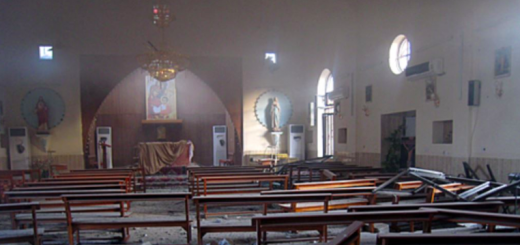RELIGIOUS ORDERS IN THE CATHOLIC CHURCH

Swami (Dr) Snehanand Jyoti
Catholic Christian Church is one of the most influential and powerful and best organized organizations in the world, that has a membership of about 1.3 billion (130 crores) in a world of about 7.4 billions (740 crores). The religious orders or congregations with the evangelical counsels or vows of poverty, chastity, and obedience are the vanguard of the Church, that traditionally prepares for others, generally diocesan priests, to come, take over, and establish parishes.
The other day I happened to come across an old friend, a Jesuit priest and theologian, who was visiting his relatives in Kerala. He eventually spent a day in the ashram. Among other topics we briefly talked about vocations to the Jesuit order. In the golden years of Jesuits when I was with them (1957-1982) there were about 30,000 Jesuits. Now there are about 15,000. What happened? There was the historic Second Vatican Council (1962-1965) that, focusing on aggiornamento or the modernization of the Church, brought a sea change in Catholic theology and spirituality. While many priests and religious left or got older and passed away, there were fewer vocations to replace them. I certainly do not want religious orders in the Catholic Church to become extinct. I am not unduly concerned because I believe everything happens for a reason, and the Holy Spirit will take care of the Church.
What I am concerned about, though, is whether persons in positions of power see clearly the signs of the times, interpret them correctly, and have the courage to do what is required. Christ talked about the signs of the times in the Gospels. St. Ignatius of Loyola, the founder of the Jesuits and the heavenly patron of retreats, for instance, has clearly spoken about discernment in his Spiritual Exercises, that would help one make right decisions in one’s life. Seeing the signs of the times that, even shockingly include in recent times the murder of a priest and kidnapping of a bishop by fellow priests motivated by worldly power and material wealth, religious life as we know it can come to an end in the future whether we like it or not. Again embracing the signs of the times in deep faith, we need to look at new and viable options to run numerous institutions that serve God through humanity.
Some suggestions are in order:
1. Forging meaningful and democratic, neither autocratic nor hierarchical, collaboration with lay persons who are like-minded and committed to the cause or mission will be of paramount importance. This collaboration in all sincerity can take place only when a cognitive as well as an affective realization that a religious state is not higher than the lay state. Humanity in its long march has grown to embrace democracy with all its limitations as the best mode of governance. And I strongly believe that democracy alone safeguards human dignity.
2. Fostering religious communities that include celibate and married persons. There will always be celibates who are time-bound or perpetual in their commitment. While this proposal is practically and organizationally difficult, it can be put into practice with good will and commitment coming from God’s call and grace. For this kind of shift to happen, also a complete and holistic realization that a celibate state is not superior to a married state is needed. There are other suggestions like, for instance, collaborating with persons of other religions or persuasions with similar visions or goals. I do not want to elaborate on this now as it relates to situations far away in the future when there is a sense of greater unity of humanity and greater realization that our one God is the Father and Mother of all. Finally, every endeavor, whether engaged individually or collectively in a community, has one goal: doing God’s will and establishing the Kingdom of God.
Swami Snehananda Jyoti
















